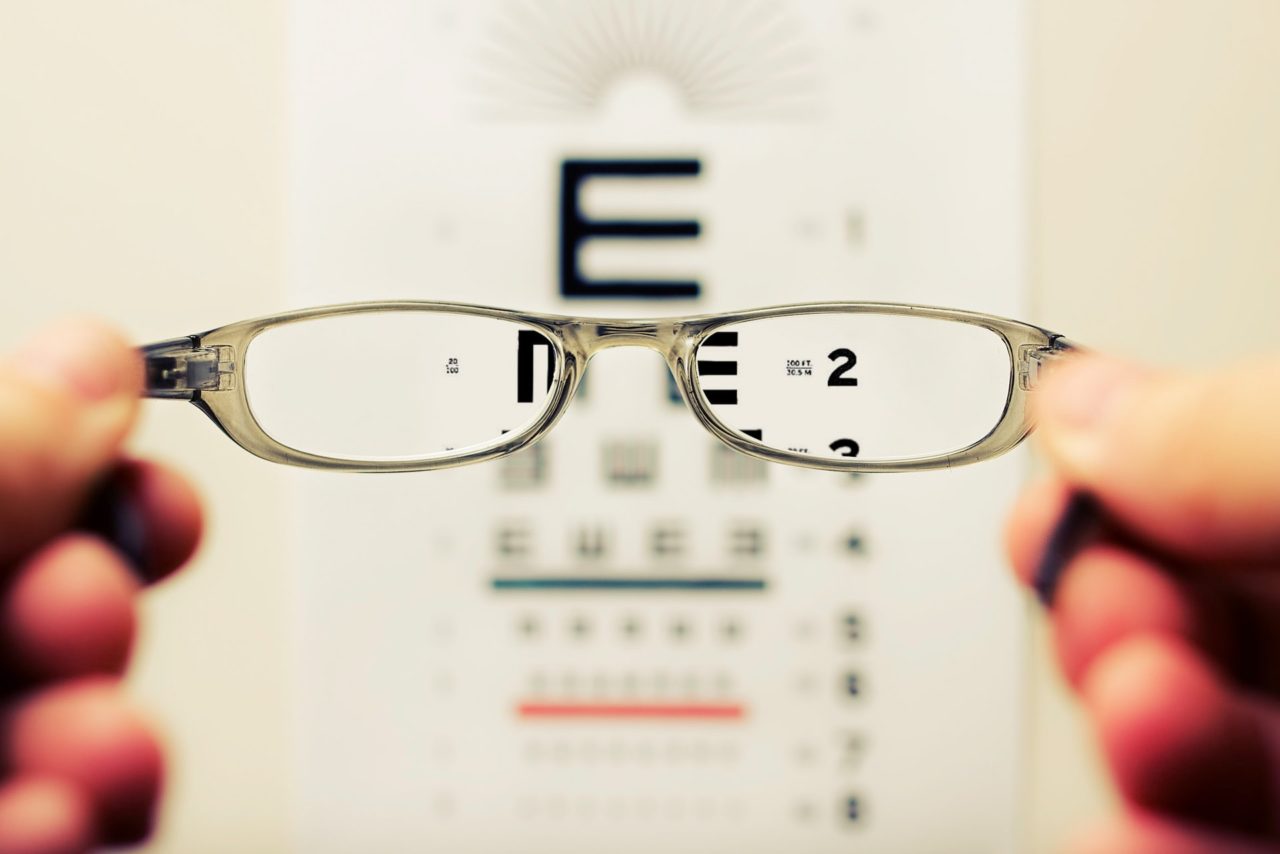Can cataract surgery lower the risk of dementia? – a new study shows how good vision in elderly can protect cognition.
The primary function of the nervous system is to adapt the living being to the environment. In order to accomplish this task, the first step is the correct perception of what is happening around us. Through our senses (sight, hearing, smell, taste and touch) we can perceive environmental changes which will stimulate our brain to plan and execute effective adaptive responses – this way our nervous system will be working properly.
In humans, by far the most important sense organs are our eyes. We perceive up to 80% of all impressions through our eyesight. These impressions directly stimulate the cerebral cortex, activating our cognition. Researchers have noted that maintaining good visual acuity during aging may be an important strategy for reducing cognitive decline.
Sensory impairment, such as vision or hearing loss, has been associated with cognitive decline in many previous studies. Impairment of one or more senses can lead to social isolation, decreased cognitive stimulation, and decreased physical activity, which may increase the risk of dementia. Especially impaired vision at older ages has been associated with a higher risk of all-cause dementia, and the lower an individual’s visual ability, the higher the risk of dementia.
Several eye diseases, such as age-related macular degeneration 1 and diabetic retinopathy 2, have been associated with an increased risk of Alzheimer’s disease and dementia in previous studies. Cataracts, the leading cause of blindness worldwide, are also associated with a higher risk of dementia.
Cataracts are a natural aging process of the eye and affect most adults over the age of 65. Cataracts are cloudy areas on the lens of the eye, which often develop slowly and can affect one or both eyes. The underlying mechanism involves the build-up of protein clumps in the lens (which is normally transparent), which reduces light transmission to the retina, leading to decreased vision. Cataracts can be removed by surgery, and most patients regain good vision after the procedure, which is considered a simple surgery – due to the low rate of complications
Could cataract surgery then reduce the risk of dementia?
To answer this question, a new study evaluated 3038 patients with cataracts, age > 65 years, and no diagnosis of dementia at the beginning of follow-up. Of these, 1382 patients underwent cataract surgery, and 1652 did not. The study showed that the risk of developing dementia in participants who underwent cataract extraction was significantly lower than for people who did not undergo cataract surgery.
To minimize confounding factors, the authors also evaluated 728 participants who had been diagnosed with glaucoma (another eye disease that affects the optic nerve and can lead to visual loss, but by a different mechanism than cataract). Surgery for the treatment of glaucoma was not associated with a reduction in the risk of dementia, i.e., it was not the surgery itself that decreased the risk (possible placebo effect).
The authors point to some mechanisms that may explain the reduced risk of dementia in patients undergoing cataract extraction:
- Visual impairment from cataract may lead to psychosocial difficulties, reduced participation in social activities and sports – factors that accelerate cognitive decline;
- Visual impairment can reduce neuronal stimulation, accelerating neurodegeneration. The visual cortex undergoes structural changes with vision loss;
- Compensation for visual input deficit may increase cognitive load, i.e., the patient loses more time to identify and perceive changes in the environment, generating “neuronal stress”, which may exacerbate cognitive decline;
- The lower risk of developing dementia after cataract extraction may also be associated with increased quantity and quality of light reaching the retina, including blue light that stimulates the activity of the cerebral cortex.
Despite its limitations, this study confirms the importance of good visual acuity for maintaining brain health and shows that cataract surgery is associated with a lower risk of dementia. Since cataract can be diagnosed during a routine eye examination without more complex tests, and cataract surgery is considered a simple procedure, preventive measures for cataract diagnosis and treatment in elderly patients should be encouraged and may reduce the incidence of dementia.
Conclusion:
Cataract is an alteration resulting from ocular aging that leads to progressive vision loss, which is quite common in the elderly population. The diagnosis of cataract is made by simple ophthalmologic examination and surgical treatment, considered low risk, leads to good recovery of vision in most cases. In this study, cataract correction showed an association with a reduced risk of dementia, which can be explained by the recovery of vision – a very important sense for the interaction of the individual with the environment and for the preservation of brain health. Elderly patients should visit their ophthalmologist frequently to evaluate their visual acuity, and in the case of cataract diagnosis, the benefit of surgery should be carefully evaluated, considering its positive influence on the patient’s cognition.
Notes:
- Macular degeneration is associated with the gradual loss of vision in the area of sharpest vision. This area is located centrally on the retina of the eye and is called the “yellow spot” (Latin technical term “macula lutea”) due to its colour.
- Diabetic retinopathy refers to changes in the retina that have developed as a result of diabetes. Long-standing or poorly controlled diabetes leads to pathological vascular changes and circulatory disorders of the retina.
Reference:
Lee CS, Gibbons LE, Lee AY, Yanagihara RT, Blazes MS, Lee ML, McCurry SM, Bowen JD, McCormick WC, Crane PK, Larson EB. Association Between Cataract Extraction and Development of Dementia. JAMA Intern Med. 2022 Feb 1;182(2):134-141. doi: 10.1001/jamainternmed.2021.6990. PMID: 34870676; PMCID: PMC8649913.





